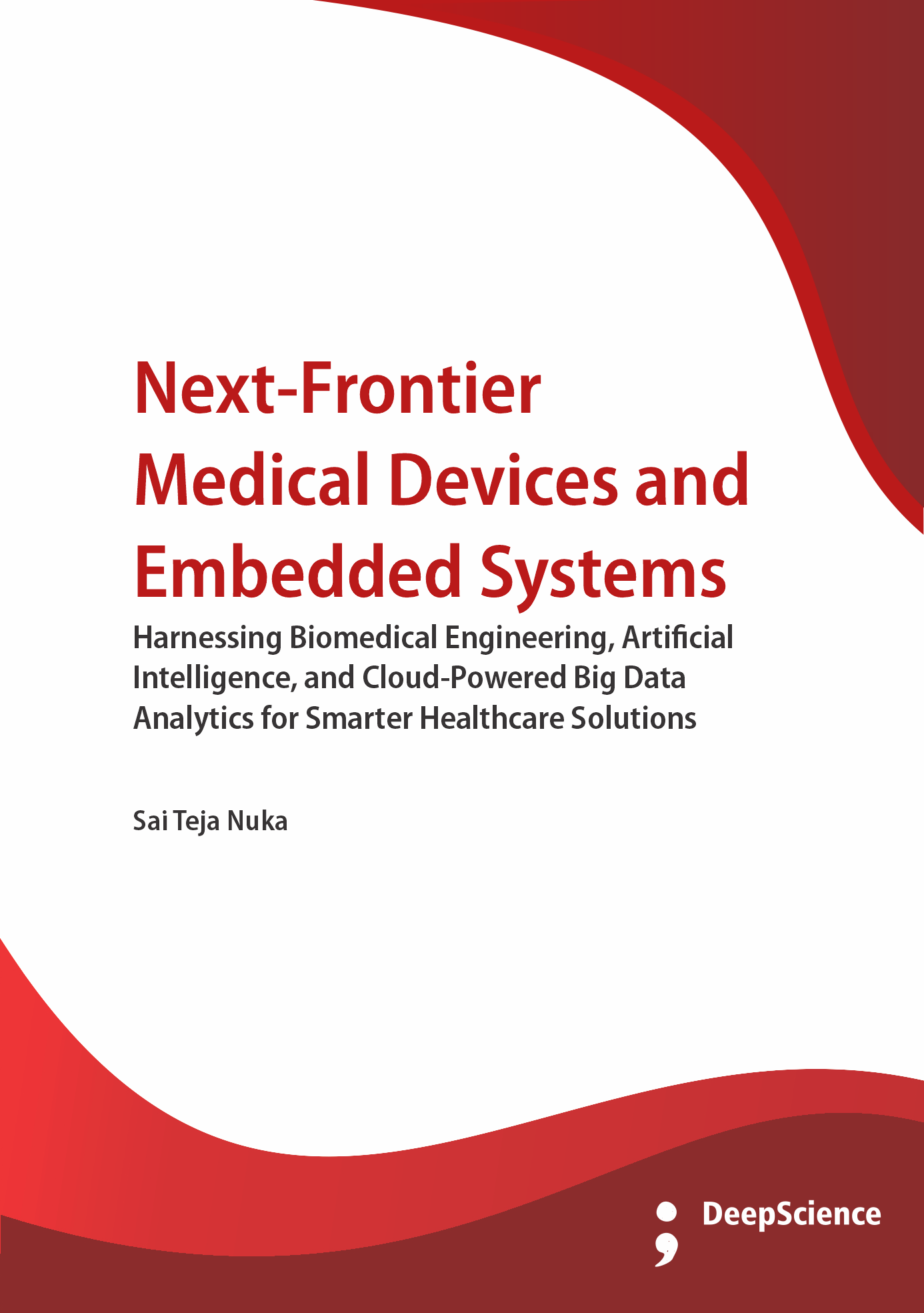Emerging trends and future directions in AI-driven smart medical device technologies
Synopsis
Artificial Intelligence (AI), specifically Machine Learning and Deep Learning, are becoming more and more common in healthcare, providing prediction algorithms that can fill decision support needs everywhere in a patient’s life cycle. Researchers have utilized AI and Machine Learning to help speed up the diagnosis of diseases, like COVID-19, Alzheimer’s, or others. Healthcare AI-powered smart medical devices, present in the patient’s home and in hospitals, get faster and more accurate diagnoses, increasing both the quality of care and the life expectancy of patients. Devices for diabetes and cardiac patients have been available on the market for years. Solutions monitoring food intake, alcohol consumption, nutrition, or mood and facilitators for healing like virtual reality have appeared and progressed in the latest years. More recently, advances in Neuro-Symbolic AI have made possible the utilization of intelligent digital assistants that can teach patients and provide tailored recommendations. Telemedicine has appeared on the rise with COVID-19 and is merging with Artificial Intelligence in the objective of decreasing healthcare expenses, increasing the lifecycle of patients, and reducing the number of readmissions in hospitals.












